Human relations theory
Human relations theory is a theory developed by Elton Mayo. The theory indicates that the most important and significant part of an organisation is the human aspect. In addition, it confirms that a person is more connected to the well-being that surrounds them, in terms of the group to which they belong to, or the environment, than the task they perform.
Human relations theory is framed within one of the different types of organisational psychology to emphasise the importance of the human aspect within these.
The theory of human relations underlines that the human aspect is the most important in an organisation. Furthermore, the individual feels more fulfilled and has a greater sense of well-being when they have good social relationships and are in sync with the prevailing norms, environment, and context they are in.
The salary or earnings and the task performed are not as decisive or taken into account as the other factors underpinning the theory of human relations. This theory suggests that businesses should prioritise employee well-being, job satisfaction, and social connections as critical factors for success. In addition to offering competitive salaries and career growth opportunities.
A workplace culture that fosters positive relationships, open communication, and inclusivity can improve employee engagement, motivation, and productivity, ultimately leading to better business outcomes.
The origin of the human relations theory
This theory was developed by the psychologist Elton Mayo, who was a great reference in the study of human relationships. His research studies to build the theory originated in the fourth decade of the 20th century.
It emerged to balance the relationship between workers and bosses in companies. It was developed as a counterpoint to the classical theory, in which workers were treated as machines, and not as a human part.
The theory began to focus on the treatment of people within organisations, to generate their autonomy and confidence, and also to delegate some authority to workers in carrying out their tasks.
Characteristics
These are the main characteristics of Elton Mayo’s theory:
- He studies the organisation not as a machine but as a group of people, who make up the organisation.
- He emphasises on people, and bases the theory on the human part.
- It offers the ability to have autonomy to the worker, and not the totality to the boss or owner of the organisation. The idea is that the worker has autonomy to develop his work without the constant submission and surveillance of the boss.
- It encourages confidence in people.
- It gives great importance to the relationships that exist between the workers who make up the company.
- The theory is inspired by psychology and not by authority. Psychology is beginning to play an important role in the study and research of human relations in all kinds of areas, including organisations, as in this case.
- It takes into account the relationships between the human components of the organisation, and also favours group dynamics.

